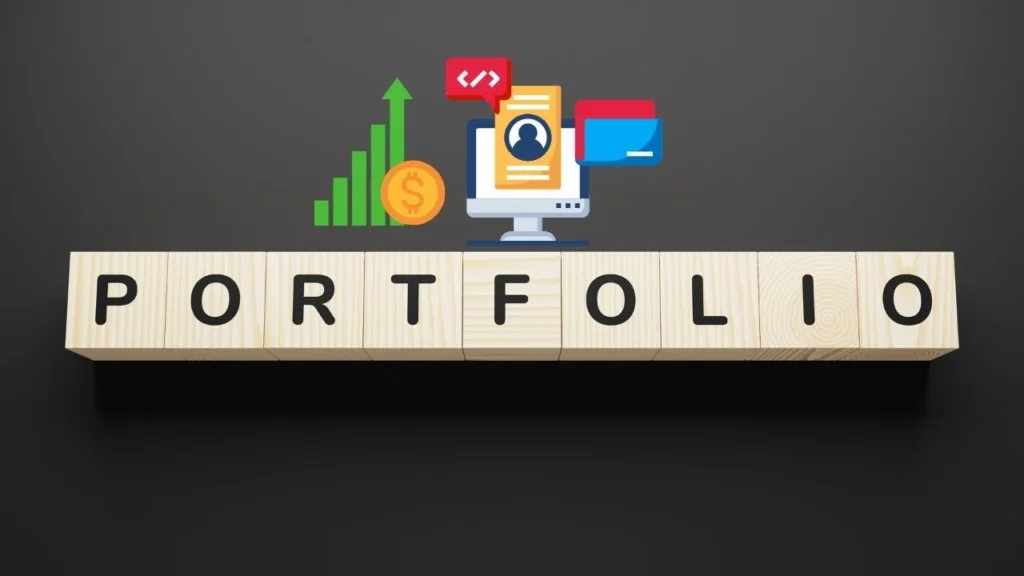Freelancing refers to a type of work arrangement where individuals offer their services to clients on a project basis, without being employed by a specific company or organization. Freelancers are self-employed and typically work independently, providing services in areas such as writing, design, programming, consulting, and many others.
Freelancing works by individuals with specialized skills or expertise offering their services to clients who need those services. Freelancers and clients connect through various online platforms, websites, or through personal networks. Once a freelancer and a client agree on the terms of a project, including scope, timeline, and payment, the freelancer works on the project independently, often remotely, and delivers the final product or service to the client.
Freelancers are responsible for managing their own time, resources, and finances. They set their own rates, negotiate contracts, and handle their own taxes and insurance. Freelancing provides flexibility in terms of working hours, the ability to choose clients and projects, and the opportunity to work on a variety of projects for different clients.
Freelancing can be a viable option for individuals who prefer autonomy and flexibility in their work arrangements. However, it also requires self-motivation, time management, and business skills to succeed as a freelancer. Building a strong portfolio, establishing a professional reputation, and maintaining good client relationships are important factors for success in the freelancing world.
What is freelancing?
Freelancing refers to a type of work arrangement where individuals offer their services to clients on a project basis, without being employed by a specific company or organization. Freelancers are self-employed and typically work independently, providing services in areas such as writing, design, programming, consulting, and many others.
Here are some key aspects of freelancing:
1. Services:

Freelancers offer specialized services based on their skills, expertise, and experience. This can include services such as content writing, graphic design, web development, social media management, virtual assistance, translation, and more.
2. Clients:

Freelancers work with clients who require their services. Clients can be individuals, small businesses, startups, or even larger companies. Freelancers often find clients through online platforms, websites, referrals, or their personal networks.
3. Contracts:

Freelancers and clients typically establish contracts that outline the terms and conditions of the project, including scope of work, timeline, payment, and other relevant details. Contracts help establish clear expectations and protect the interests of both parties.
4. Flexibility:

Freelancing offers flexibility in terms of working hours, location, and projects. Freelancers have the autonomy to choose when and where they work, and which projects they take on. This can provide a greater work-life balance and the ability to pursue multiple projects simultaneously.
5. Business Management:

Freelancers are responsible for managing their own business, which includes setting rates, negotiating contracts, managing finances, handling taxes and insurance, and promoting their services. Business skills and self-motivation are essential for success as a freelancer.
6. Reputation:

Building a professional reputation is important for freelancers to attract clients and secure repeat business. Good communication, meeting deadlines, delivering high-quality work, and maintaining good client relationships are key factors in building a positive reputation.
7. Challenges:

Freelancing also comes with its challenges, such as irregular income, managing multiple clients and projects simultaneously, dealing with administrative tasks, and handling client negotiations. Freelancers need to be proactive in managing these challenges to ensure their success.
8. Portfolio:

Building a strong portfolio showcasing previous work is crucial for freelancers to demonstrate their skills and expertise to potential clients. A portfolio can include samples of past projects, testimonials from previous clients, and other evidence of their capabilities.
9. Marketing:

Freelancers need to market themselves to attract clients. This can include creating a professional website or online profile, utilizing social media, networking, and leveraging their personal and professional connections to spread the word about their services.
10. Time Management:
Freelancers are responsible for managing their own time and meeting deadlines. Effective time management skills are essential to ensure that projects are completed on time and clients’ expectations are met.
11. Financial Management:
Freelancers need to manage their finances, including setting rates that are competitive in the market, tracking income and expenses, and handling invoicing and payment collection. Financial literacy and budgeting skills are important for successful freelancing.
12. Continuous Learning:
Freelancers need to stay updated with the latest trends, technologies, and industry standards to remain competitive in the market. Continuous learning and professional development are essential to improve skills and stay relevant.
13. Contract and Legal Considerations:
Freelancers need to be familiar with contract and legal considerations, such as intellectual property rights, liability, and dispute resolution. Seeking legal advice and understanding contract terms and conditions is important to protect their interests.
14. Work-Life Balance:
Freelancing can blur the lines between work and personal life, as freelancers often work from home or set their own schedule. It’s crucial for freelancers to establish boundaries and maintain a healthy work-life balance to prevent burnout and maintain overall well-being.
15. Taxes and Insurance:
Freelancers are responsible for managing their own taxes and insurance, which can include self-employment taxes, business deductions, and liability insurance. Understanding tax laws and insurance requirements is essential to ensure compliance and protect against potential risks.
16. Client Management:
Freelancers need to effectively communicate and manage relationships with clients. This includes setting clear expectations, maintaining regular communication, addressing concerns or issues professionally, and providing excellent customer service to build long-term client relationships.
Freelancing can be a fulfilling and flexible way to work, but it also requires careful planning, effective communication, strong business skills, and self-motivation. Being proactive in managing various aspects of freelancing is essential for success in this type of work
Read More: Top 10 Freelancing Websites to make money in 2024
Conclusion:
Freelancing can be a fulfilling and flexible way to work, but it also comes with its own set of challenges and considerations. It’s important to understand the basics of freelancing, such as identifying your skills, finding clients, setting rates, managing finances, navigating legal considerations, and maintaining work-life balance. Building a professional reputation and managing your time effectively are also crucial for success as a freelancer. While insurance is not mandatory for all freelancers, it’s important to carefully assess your risks and consider getting appropriate insurance coverage to protect yourself and your business. With careful planning, organization, and a proactive approach to managing your freelance career, you can thrive as a freelancer and achieve your professional goals arrangement.
FAQS:
To get started with freelancing, you can follow these steps:
Identify your skills and expertise
Create a portfolio showcasing your work
Set your rates and determine your services
Create a professional website or online profile
Market your services through networking, social media, and other channels
Start bidding on freelance platforms or reaching out to potential clients
Secure contracts and start working on projects*
There are several ways to find clients as a freelancer, including:
Utilizing freelance platforms such as Upwork, Freelancer, Fiverr, etc.
Networking and leveraging your personal and professional connections
Creating a professional website or online portfolio to showcase your work
Utilizing social media platforms to promote your services
Joining relevant industry forums or communities
Attending networking events, industry conferences, or meetups
Cold emailing or reaching out to potential clients directly


2 thoughts on “what is freelancing and how does it work Step-by-Step Guide to Success”